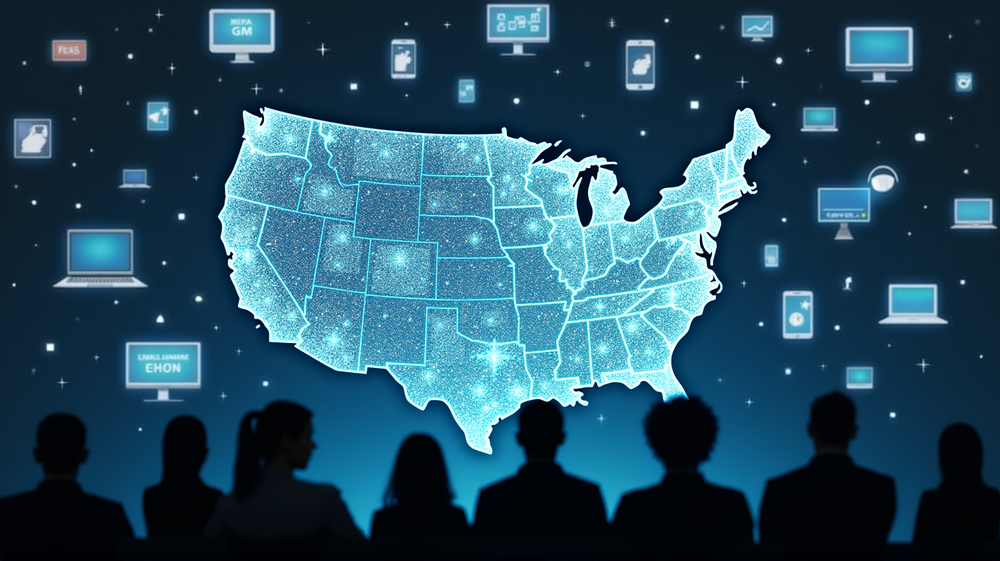ICE's Social Media Surveillance May Redefine Privacy in America
In an era where digital footprints are more significant than ever, U.S. Immigration and Customs Enforcement (ICE) is set to blur the lines between our physical and digital lives. As they prepare to monitor social media 24⁄7, questions about privacy and civil participation are at the forefront.
Surveillance Enters the Digital Realm
Imagine your casual Facebook post becoming a data point in a federal database. ICE aims to do just that through a new program involving private contractors. They’ll tirelessly scan platforms like Instagram, TikTok, and more, creating a digital portrait of users that feeds into ICE’s case management systems. According to WMNF 88.5 FM, this move gets dangerously close to crossing privacy boundaries that define personal and constitutional rights.
New Structure, Familiar Concerns
Historically, ICE and similar agencies have delved into social media for information, but the future promises a more invasive and systematic approach. These contractors will scour available data, connecting the dots between social media presence and existing government data. This not only expands their reach but also raises red flags about civil liberties.
Caught in the Net
While ICE claims the focus will be on specific targets, past experiences suggest the net will cast wider. Friends, family, and even acquaintances of flagged individuals could become collateral damage in this information dragnet. These surveillance practices are reminiscent of facial recognition and location trackers that outgrew their initial purpose.
History Has Lessons
Other nations mirror these surveillance practices, bringing about critiques regarding blurred lines between public safety and privacy invasion. What starts as combatting threats can evolve into monitoring entire groups, shifting purposes with ease and often under the public radar.
Changed Behavior Under Watchful Eyes
Extensive surveillance isn’t just about collecting data—it’s about altering how people express themselves online. Historically, digital monitoring led to less engagement on politically sensitive topics due to fear of potential government scrutiny. Activists and immigrants might find this climate especially restrictive.
Privately-decided Dangers
What’s novel is ICE’s choice to field out the interpretation of this data. Contractors, alongside AI, will make judgments on what’s innocuous or suspicious. Such detached oversight is worrisome, for private entities might lack the accountability that government bodies are held to, igniting debates on due process and reliability.
Toward Accountability and Transparency
Organizations stress the need for transparency, advocating for oversight equivalent to physical search warrants and independent audits. The challenge lies in ensuring these escalated surveillance measures don’t further diffuse the clarity between a regulated society and a monitored one.
In the coming months, ICE’s requests may turn into binding contracts, reinforcing the notion that this initiative isn’t a temporary endeavor. It’s an era of digital boundaries where rights and privacy stand precariously in the balance.




